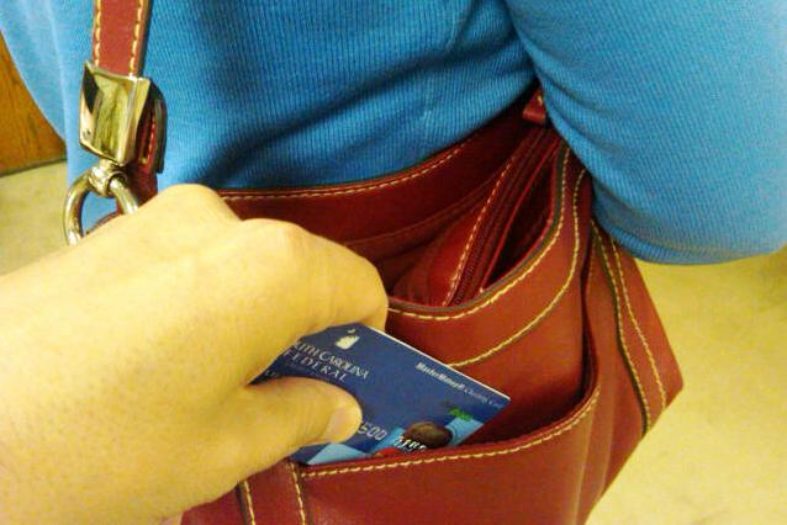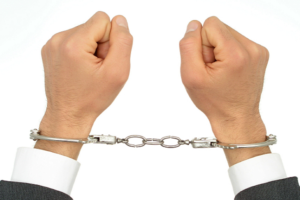
When it comes to fraud, it is important to be aware that you don’t actually have to steal the card to be the person in the most trouble for this style of offence. Clearly theft is a major offence and it is one that can lead to a person being severely punished, but for many people, it is the actual fraudulent use of the card that is the bigger issue. In reality, these crimes go hand in hand, and there is often a linkage between the two acts, otherwise what is the point of stealing the card in the first place, but as with all areas of the law, there are distinctions to be made between theft of a credit card and the use of a stolen card.
An example of this can be found in Belfast recently when Michael McCrea admitted in court that he had received a stolen bank card as well as accepting a charge of fraud by false representation. He may not have stolen the bank card himself but the fact that he used the card in a number of transactions that amounted to more than £2,000 he was clearly very much in the wrong. McCrea was handed a 9 month sentence although it has to be said that McCrea has over 40 previous convictions in his past, which no doubt was taken into consideration when the judge came to pass sentence on him.
You don’t need long to rack up a lot of transactions
Judge Gordon Kerr QC has informed McCrea that the first half of the sentence will see him spend time in prison while the second half of the term will see him be released from custody and spend time on a supervised licence order. The crown court in Belfast heard that the card was used 27 times, with the total value of the transactions amounting to £2,235. The prosecutor for the Crown, Simon Jenkins, said that the victim had his card stolen on the 1st of April, 2013 when the victim was enjoying a night out in Belfast. He may have wished it was an April Fools prank on him but sadly it was a genuine theft. The victim reported the theft of his card the next day to his bank and when he was speaking to a representative from the bank, he was informed that the card has been used 27 times. The times of these transactions ran between 4.27am and 5.25pm on the 2nd of April, 2013. It just goes to show that you don’t need a lot of time to rack up a lot of transactions and even if you act quickly in reporting a loss or theft of a bank card, you may find that plenty of work has been carried out on it.
CCTV footage is crucial in catching many criminals
The bank fully reimbursed the customer and in court, Mr Jenkins said that of the 11 transactions had been caught by CCTV cameras. The police investigation the theft of the card obtained the CCTV footage and after viewing it, they were more than happy to state that it was McCrea using the card in a Tesco store. McCrea was interviewed in January of 2014, when he was in custody for a different matter, and he initially refused to answer any questions on the matter. He later admitted that he was guilty of using the card and the Court accepted the fact that McCrea didn’t steal the card.
This was clearly a defence that McCrea was able to put forward and you could argue that the Court viewed the fact that he didn’t steal the card and only used it as a reason to limit the punishment that was imposed on him. This is where a debate will arise because knowingly using a card that isn’t yours is surely enough of a crime in itself to warrant a full punishment without worrying about whether the person stole the card or not.
Clearly defence solicitors need to make as robust a defence for their client as they possibly can and if there is any opportunity to show their client in a better light, or at least in a less damaging light, they should look to do so. You may not always agree with the approach that defence solicitors take but the most effective ones will do their best to limit the problems that their client is likely to face.
Andrew Reilly is a freelance writer with a focus on news stories and consumer interest articles. He has been writing professionally for 9 years but has been writing for as long as he can care to remember. When Andrew isn’t sat behind a laptop or researching a story, he will be found watching a gig or a game of football.



